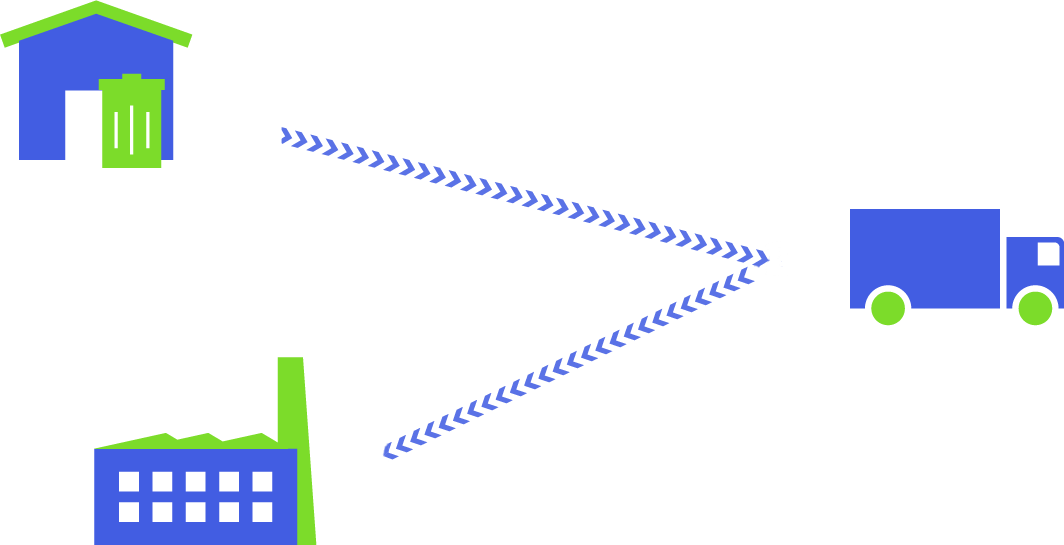In today's world, it is more important than ever to take action and make a positive impact on the environment. One way to do this is by participating in your area's recycling scheme. Not only does this help reduce waste and protect natural resources, but it also plays a significant role in creating a sustainable future for generations to come. In this article, we will delve into the benefits of recycling and provide tips on how you can get involved in your local recycling program.
Understanding Recycling
Before we dive into the specifics of participating in a recycling scheme, it is essential to have a clear understanding of what recycling is all about. Recycling involves collecting and processing materials that would otherwise be thrown away as trash. These materials are then transformed into new products, reducing the need for raw materials from the earth. Some commonly recycled items include paper, plastic, glass, and metal.
Recycling has numerous environmental benefits. By diverting waste from landfills, it reduces greenhouse gas emissions and conserves natural resources such as timber, water, and minerals. Furthermore, recycling reduces the need for incineration or landfilling - both of which pose significant environmental concerns.
[IMG1]
Participating in Your Area's Recycling Scheme: How to Get Involved
Now that we understand the importance of recycling let's explore how we can participate in our local recycling scheme.
1. Educate Yourself: The key to successful recycling is knowing what items are accepted by your local program. Research your area's guidelines or contact your municipality to learn more about their program.
2. Set Up A Recycling Station: Choose a designated spot in your home where you can sort and store recyclables until they can be collected or dropped off at a collection center. Make sure to have separate bins for different types of materials such as paper, plastic, glass, etc.
3. Prepare Items For Recycling: Before tossing items into your recycling bin, make sure to properly clean and separate them. For example, remove any food residue from plastic containers or tear off any cardboard from paper packaging.
4. Spread the Word: Talk to your friends, family, and neighbors about the importance of recycling and encourage them to get involved with your local program.
5. Volunteer At Collection Events: Many recycling schemes hold collection events where individuals can bring specific items for recycling. Consider volunteering at these events to help educate others and promote a sustainable future.
The Pros and Cons of Recycling
As with any action we take, there are both pros and cons associated with participating in a recycling scheme.
Pros:
- Helps conserve natural resources
- Reduces greenhouse gas emissions
- Diverts waste from landfills
- Creates new job opportunities in the recycling industry
- Promotes a sustainable future for generations to come
Cons:
- Can be time-consuming to sort and prepare items for recycling
- Not all materials can be recycled
- Some recyclable materials may still end up in landfills due to contamination or limited processing capabilities
Tips for Successful Recycling
Here are some tips to keep in mind to make your recycling efforts more effective:
1. Reduce and Reuse First: Before considering an item for recycling, see if it can be reduced (using less) or reused (repurposed) first.
2. Avoid Contamination: Make sure to properly clean and sort your recyclables to avoid contamination. Even a small amount of non-recyclable material in a batch of recyclables can render the entire batch unrecyclable.
3. Check Labels: Look for the universal recycling symbol on products to determine if they are recyclable or not.
4. Think Beyond Your Household Waste: Many everyday items such as batteries, electronics, and clothing can also be recycled. Research local programs that accept these items or consider donating them to a second-hand store.
[IMG2]
Takeaways
Participating in your area's recycling scheme is a simple but effective way to make a positive impact on the environment. By educating ourselves, setting up a recycling station, preparing items correctly, and spreading the word to others, we can all do our part in creating a more sustainable future. Keep in mind the pros and cons of recycling and follow these tips for successful recycling.
In Conclusion
It is our responsibility to take action and protect the planet for future generations. Participating in our area's recycling scheme is an easy and meaningful way to do just that. By reducing waste, conserving resources, and promoting sustainability, we can all make a positive difference in the world. So start taking action today and join your local recycling program!









